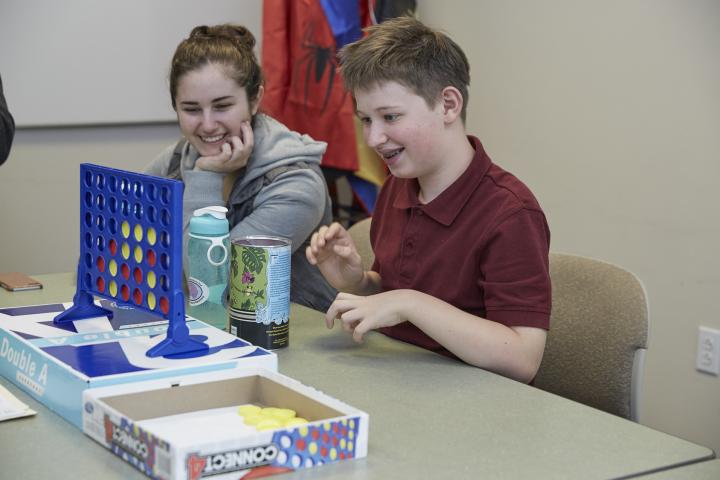8 Helpful Back-to-School Tips for Students with IEPs

Each new school year brings new and exciting opportunities for your child or teenager to learn and grow, make new friends, and have new experiences. The new school year also means transition, for you, your child and for the school staff and for students with disabilities who have IEPs, this transition can be an added challenge, for everyone. This is a good opportunity to start off with good communication, routines, and set your expectations so that everyone can work together to make the new school year a success.
Our friends at Learning Disabilities Online, https://www.ldonline.org/, have created these 8 tips to help you all start the year off strong!
1) Organize all your paperwork
In the world of special education, there are a lot of meetings, paperwork, and documentation to keep track of. First, set up a family calendar that contains the school events, any special eduction meetings and student conferences, etc. Second, set up a binder or if you and your school have gone "paperless", set up a computer file that contains your child's special education documentation, any meeting notices, and IEPs in sequential order with the most recent located first or on top for easy access.
2) Start a communication log
Keeping track of phone calls, e-mails, notes home, meetings, and conferences is important. Create a "communication log" for yourself in a notebook, or better yet, in "notes" or a document on your phone, just choose somewhere that is easily accessible. You may also want to keep a daily text chat with your child's teacher to ensure you are always on the same page. Be sure to note the dates, times, and nature or all school communications you have.
3) Review your Child's Current IEP
The IEP is the cornerstone of your child's education program, so it is very important that you have a clear understanding of it. Note when the IEP expires and if your child is due for a reevaluation. Most importantly, be sure that the IEP still "fits" your child's needs! If you are unsure, contact the school about holding an IEP review meeting as soon as possible.
4) Relieve Back to school jitters
Just talking about the upcoming year and changes can help reduce some of that back to school anxiety, both for you and your child or teen! Talk to your child about exciting new classes, activities, and events that they can participate in during the new school year. If they are attending a new school, try to visit before the first day. And with older students, it can be helpful to explain the services and accommodations that are in their IEP so that they know what to expect when school begins.
5) Keep Everyone informed
It is important that you and the school communicate early and often! If there is ANYTHING (concerns, changes, questions about the IEP) that you feel is important to share with the staff, don't hesitate to contact them! Whether it is before the school year starts or at any point during the school year, the more proactive and honest you are, the better the school staff will be to meet your child's needs.
6) Establish before and after school routines
Discuss and plan for the changes that will happen in you and your child's daily routine once school starts. You can even begin practicing the ew schedule, focusing on morning and evening routines, and begin implementing them well in advance of the first day of school.
7) Stay UP To Date on SPECIAl education News.
Being knowledgable about your child's IEP and their disability can help you become a better advocate for your child. Try to keep up to date on new special education legislation, news and events, especially as it relates to your local school district. The more you know, the more prepared you will be to navigate the world of special education and successfully advocate for your child.
8) ATTEND school Events
Take advantage of Open House, Back to School Night, and Parent Teacher Conferences to help you and your child get a feel for the school and meet the teachers, other staff, students and families. Share the positives about working with your child and let the teacher know about the changes, events, or IEP concerns that should be considered for students receiving support services.
Being knowledgable about your child's IEP and their disability can help you become a better advocate for your child. The more you know, the more prepared you will be to navigate the world of special education.








